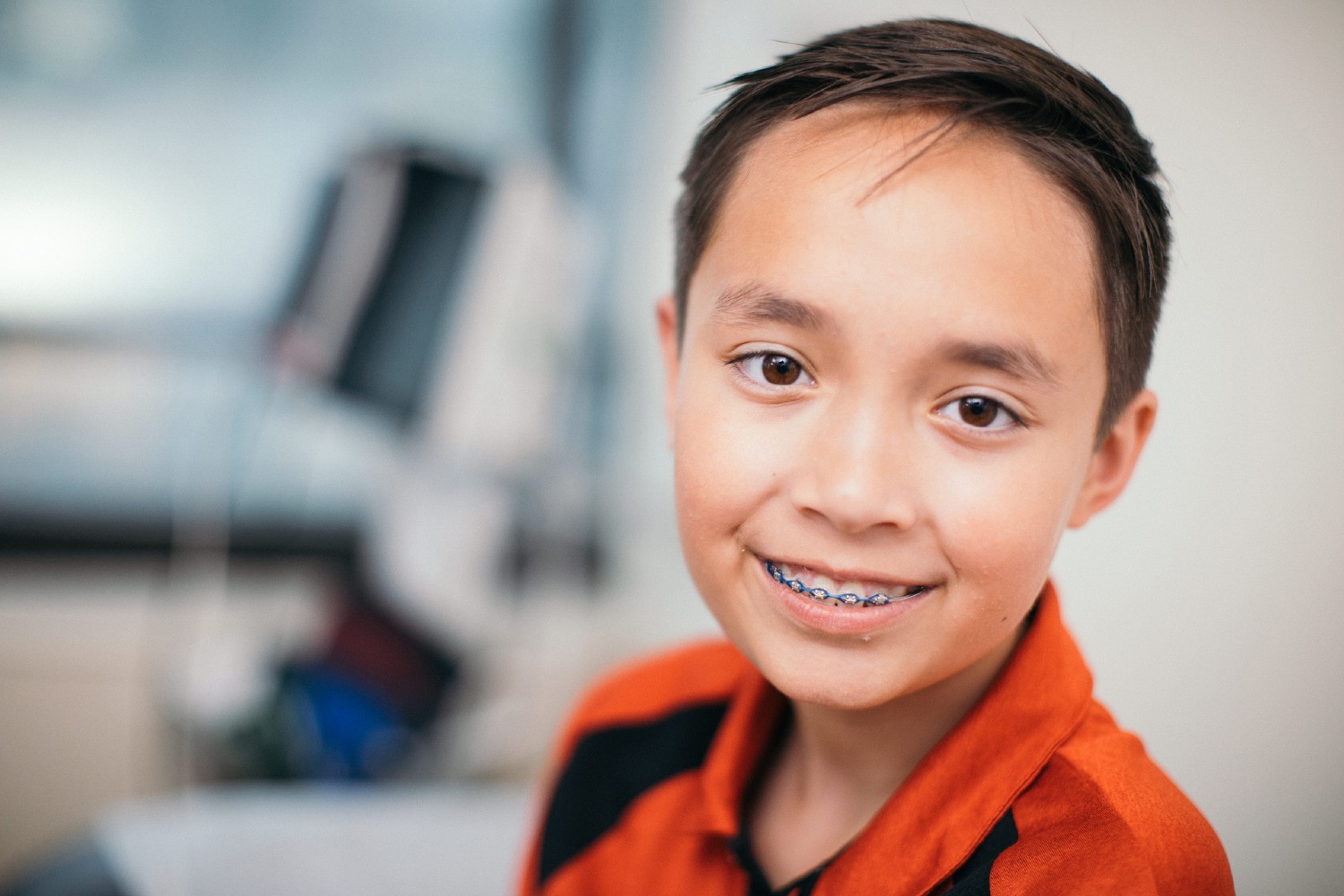Condition
Pediatric Persistent Depressive Disorder
What You Need to Know
Persistent depressive disorder is a type of depression. A child with this type of depression has a low, sad or irritable mood for at least one year.
Key Symptoms
Diagnosis
Treatment
Schedule an Appointment
Our pediatric specialists provide personalized care for your child’s physical, mental and emotional health needs. Meet our providers and schedule an appointment today.
Frequently Asked Questions
What is persistent depressive disorder in children?
What causes persistent depressive disorder in a child?
Which children are at risk for persistent depressive disorder?
What are the symptoms of persistent depressive disorder in a child?
How is persistent depressive disorder diagnosed in a child?
How is persistent depressive disorder treated in a child?
What are possible complications of persistent depressive disorder in a child?
How can I help prevent persistent depressive disorder in my child?
How can I help my child live with persistent depressive disorder?
When should I call my child's healthcare provider?
Meet the Providers Who Treat Persistent Depressive Disorder
Helping Teens Enjoy Life and Succeed
Dr. Adelaide Robb is Chief of Psychiatry and Behavioral Sciences at Children's National Hospital. She and her team focus on improving mental health ― helping patients and their families solve problems, get through challenges and develop resilience.
Departments that Treat Persistent Depressive Disorder

Psychiatry and Behavioral Sciences
Psychiatry and Behavioral Sciences at Children's National offers assessment, diagnosis and care for children and teens with behavioral, emotional and developmental disorders. From a variety of therapy options to medication management and support for the whole family, our healthcare providers offer solutions to children’s mental health issues in inpatient and outpatient settings.

Help Kids and Make a Difference
Invest in future cures to help children have brighter futures.







